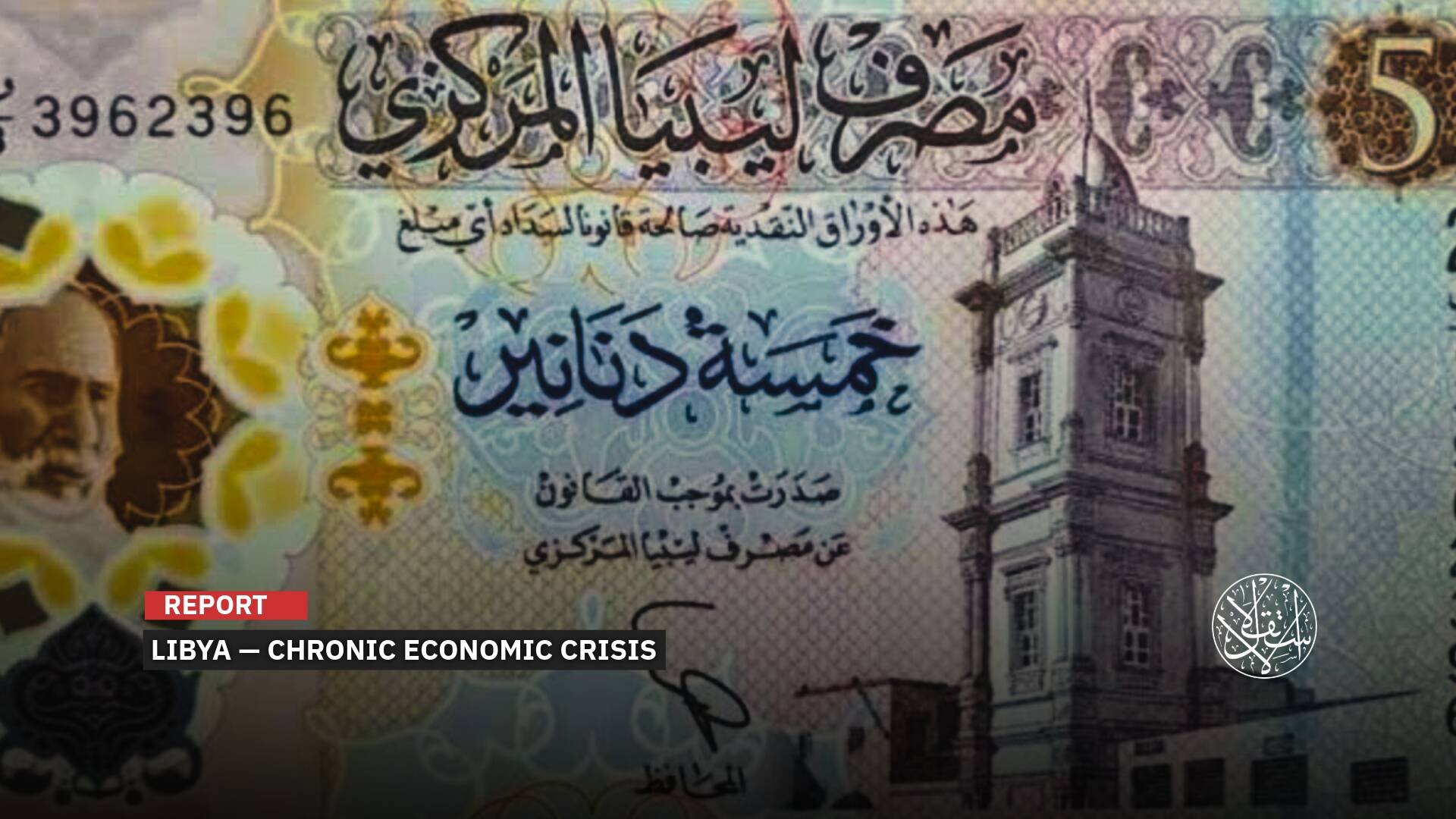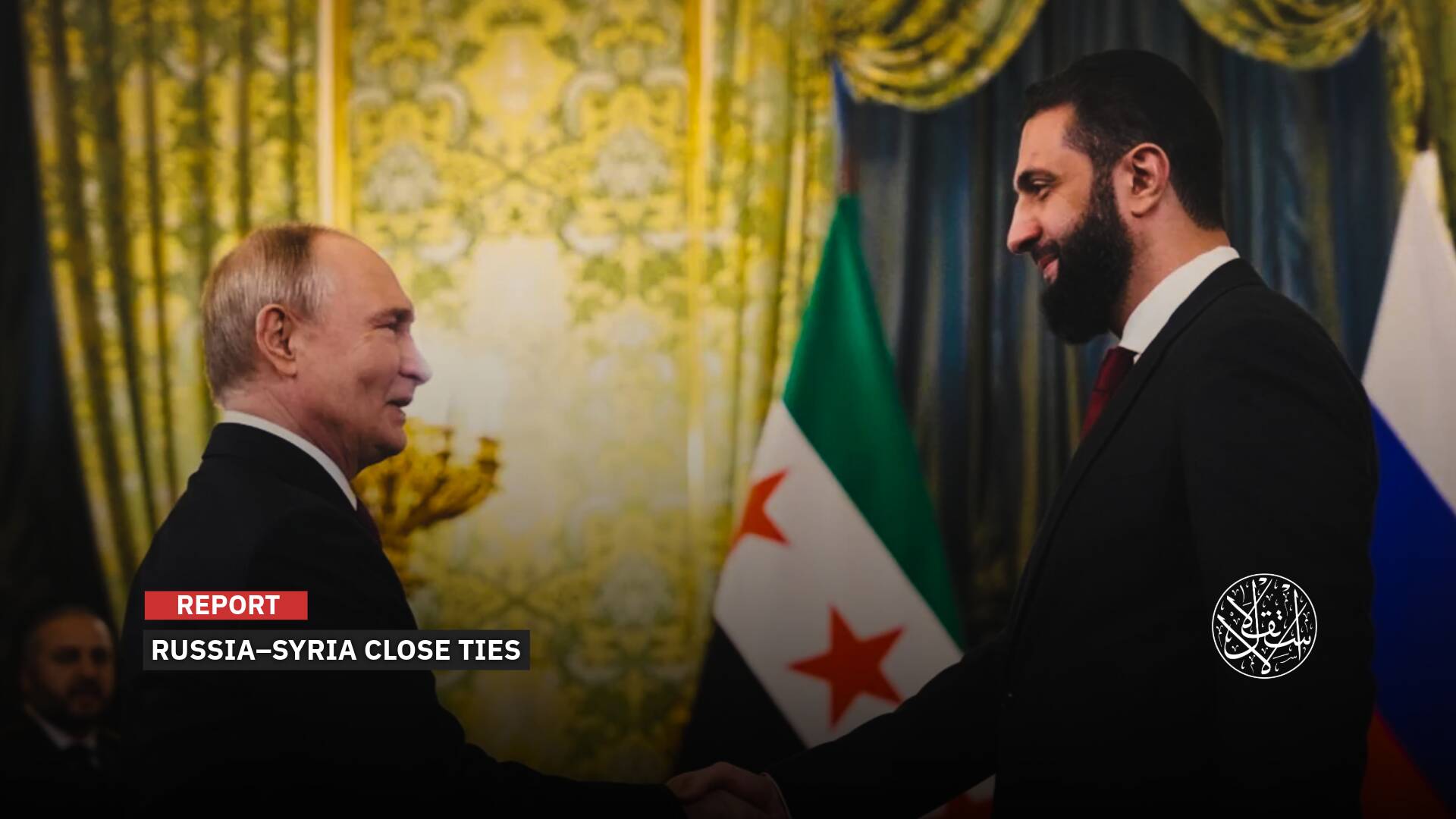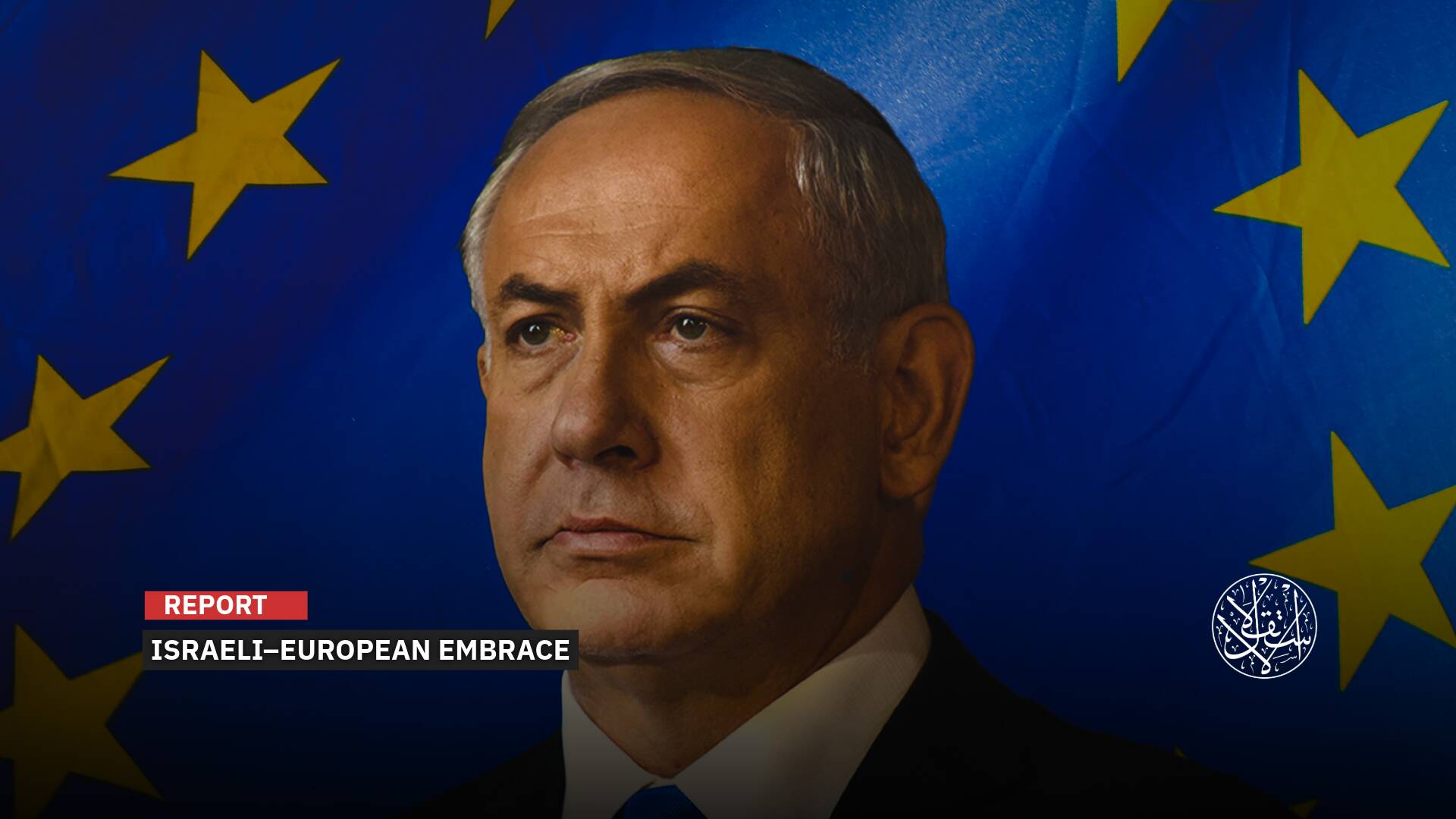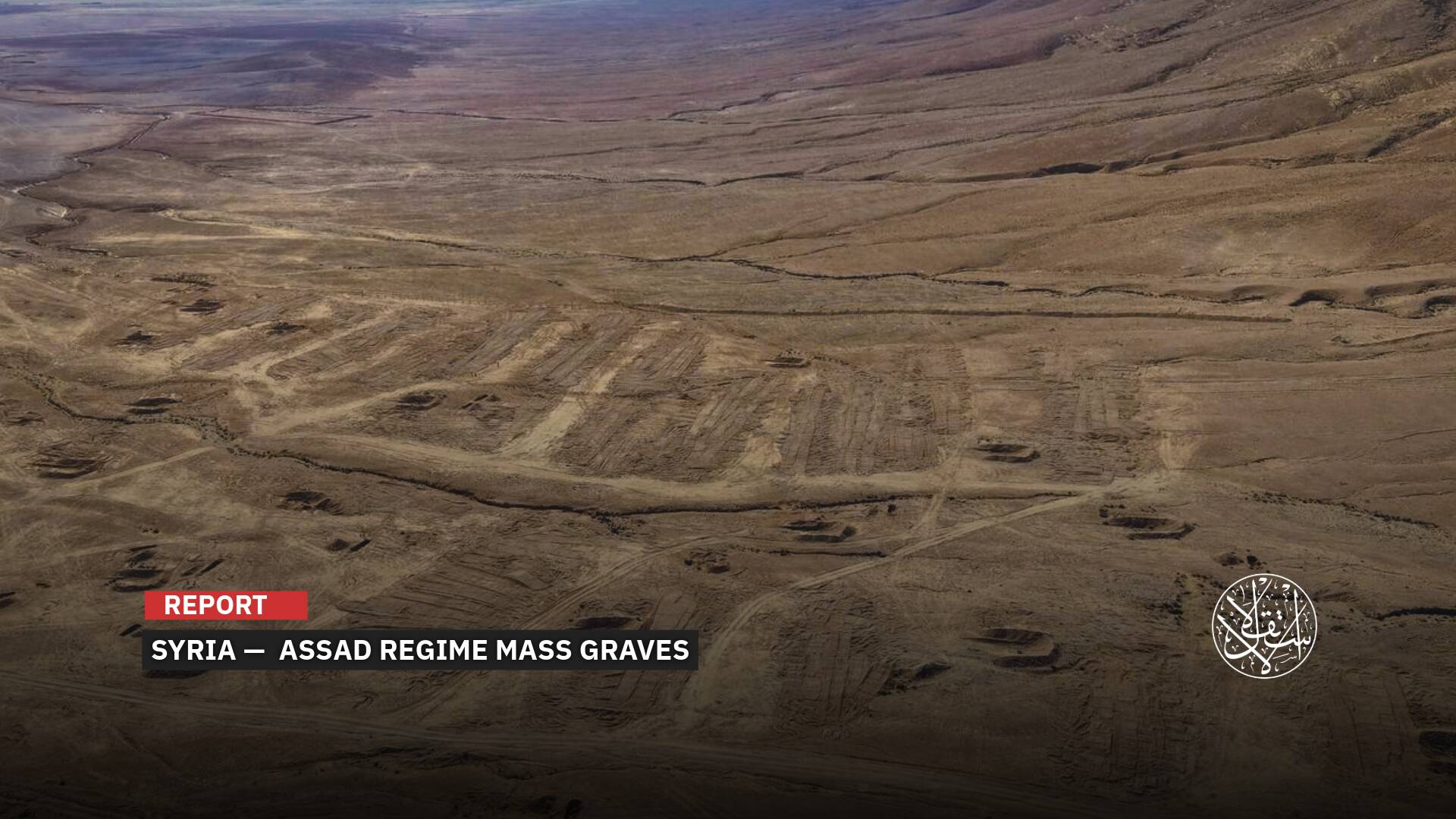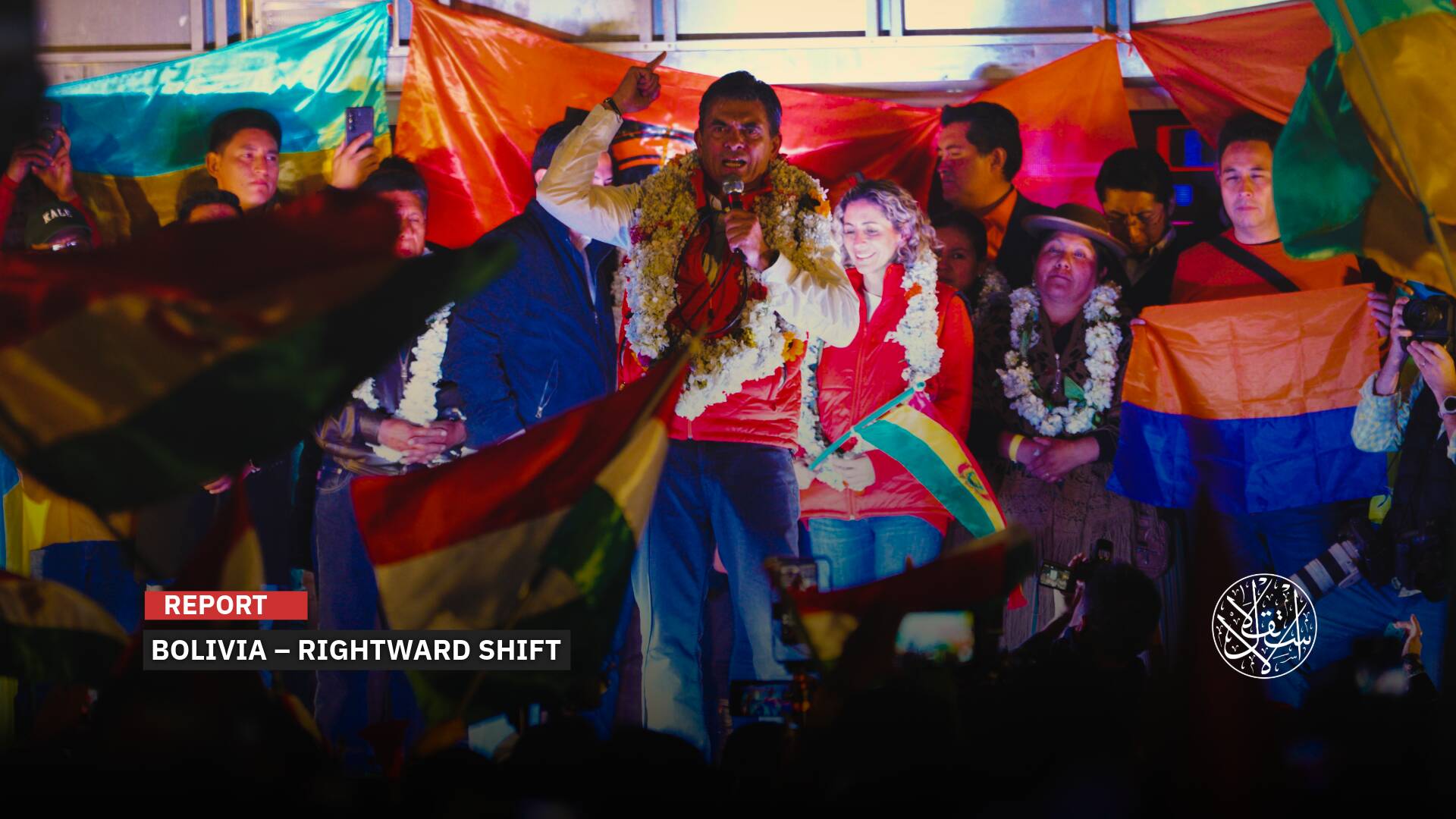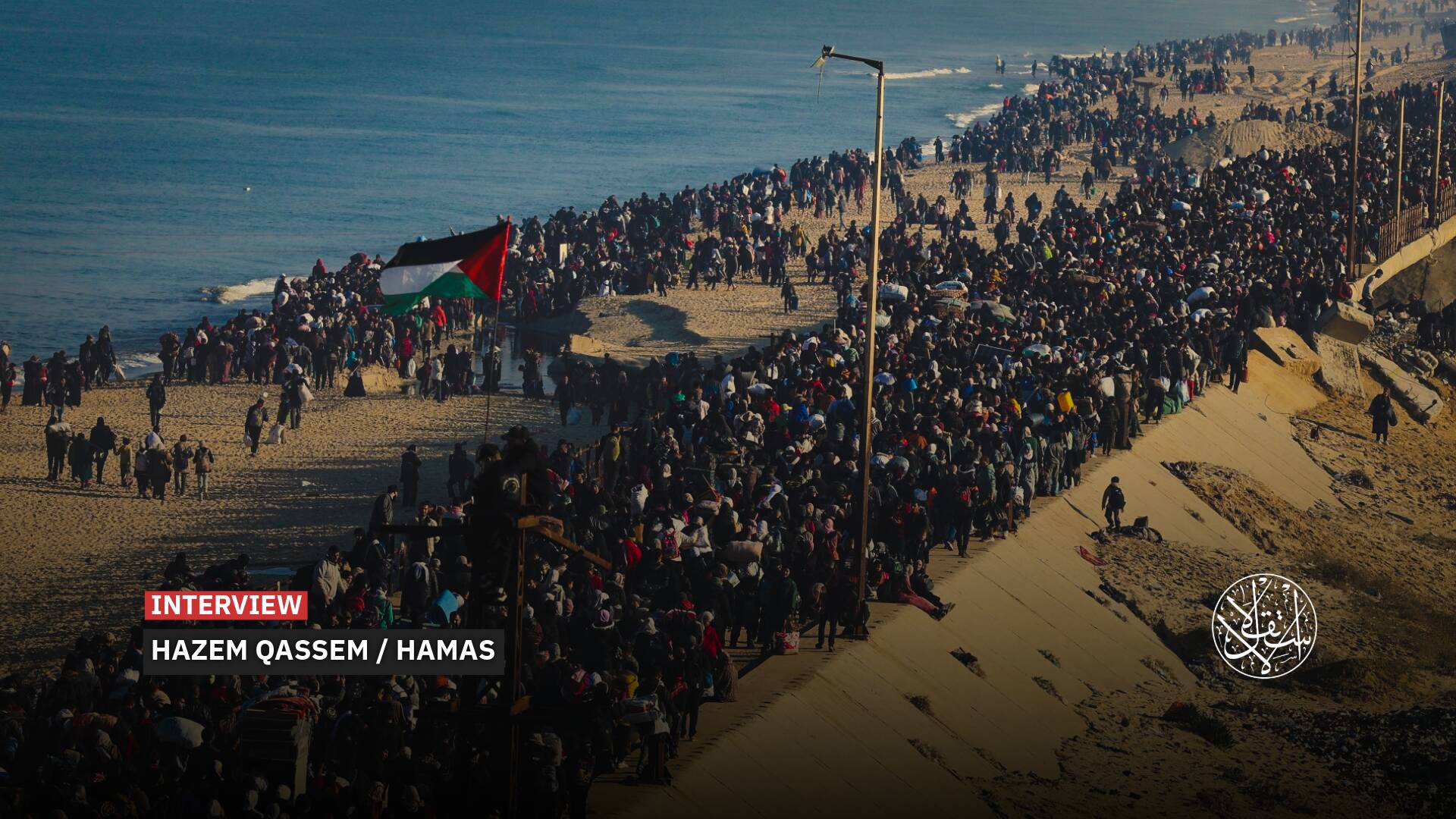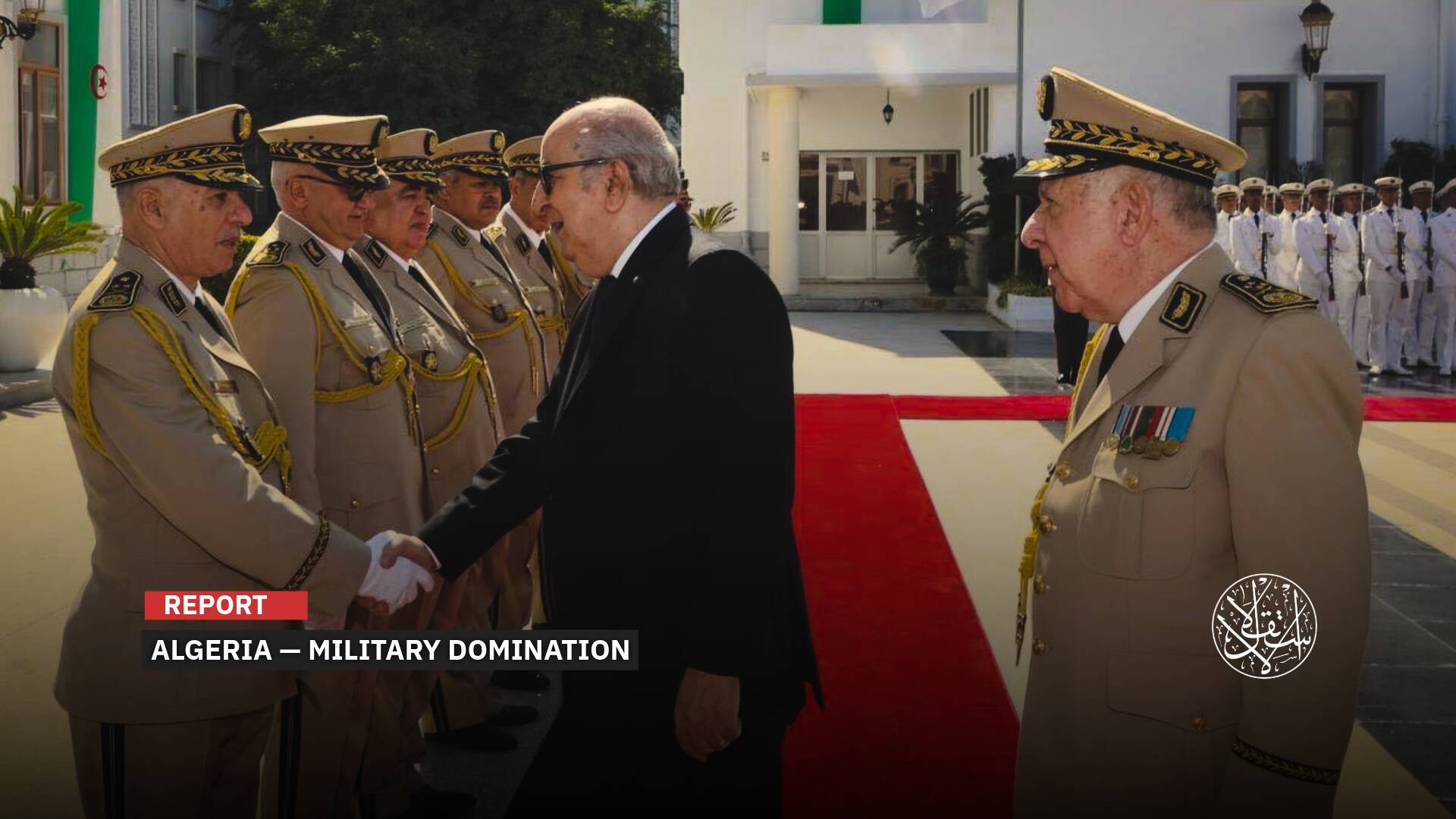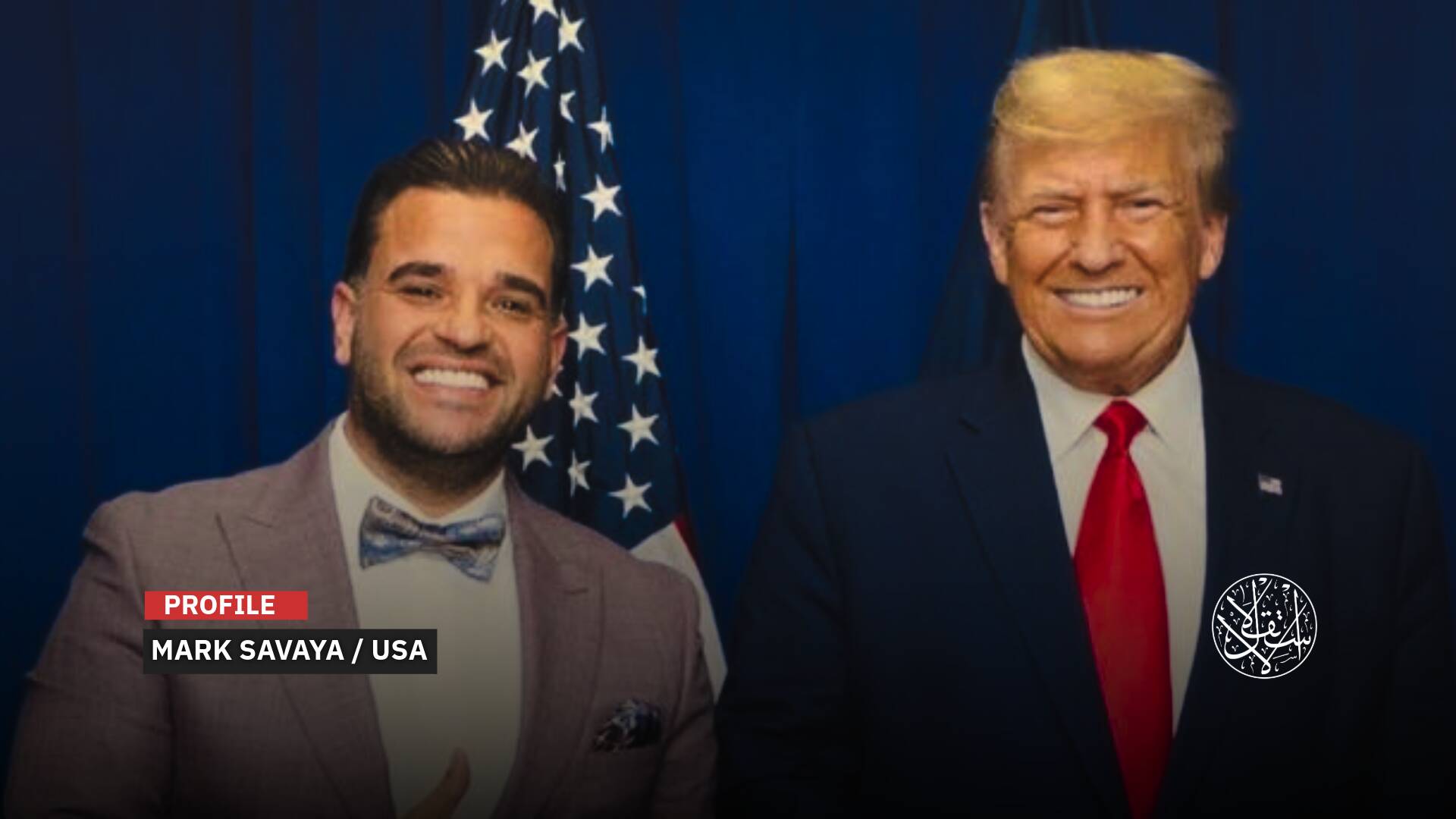How Did Kushner's Memoirs Reveal MBS's and MBZ’s Unparalleled Gifts?

The memoirs of Jared Kushner, former US President Donald Trump's son-in-law and special adviser continue to resonate with shocking revelations about Arab leaders and the backstage of their meetings with that administration.
On August 28, 2022, Kushner unveiled a new section on the "unforgettable" positions and words of the UAE President Mohammed bin Zayed Al Nahyan (then Crown Prince of Abu Dhabi) in a memoir titled Breaking History: A White House Memoir.
But between the lines was far more dangerous than what Trump's son-in-law reported, as it concerned bin Zayed's relationship with the Israeli Occupation and his vision of the nature of the alliance between them.
In another context, closed meetings inside the palaces of Arab princes, specifically in Abu Dhabi and Riyadh, revealed how decision-makers think and see many decisions and reviews in their countries.
Loyalty and Hostility
"Before we left, Mohammed bin Zayed made another comment, saying that the United States usually sends three types of people to practice diplomacy," Kushner said.
"The first are the people who sleep in meetings, the second are the people who read the talking points with the inability to speak, and the third are people who came and tried to convince them to do things that are not in their interest," he explained, quoting bin Zayed.
"Notice that I was different. I was the first person to come and ask questions and really try to understand their views. He thought we would make peace in the region," he said.
Kushner added: "I was honored to note Mohammed bin Zayed, and I have never forgotten his words."
In recounting that situation, Trump's son-in-law was referring to his famous visit to Abu Dhabi on August 31, 2020, on the first Israeli flight, days after the famous normalization agreement on August 13, known as the Abraham Accords.
"At some point, Mohammed bin Zayed acknowledged that his country's allies are Israel's allies and that his country's enemies are Israel's enemies," Kushner said.
The French newspaper Le Monde reported on September 19, 2020, that the US–Israeli deal with the UAE means a real abandonment of the Palestinians by the Arab Gulf states.
Le Monde describes the Arab Gulf states, particularly Saudi Arabia, the United Arab Emirates, and Bahrain, as "secretly and openly engaged in normalization" with the Zionist entity, the same one that announced the blockade on Qatar in 2016 with the aim of a possible invasion, according to the latest reports issued by the US administration.
According to the newspaper, bin Zayed chose to deprive himself of the most effective means of pressure on the Israeli Occupation, "they implicitly admit that they understand the regime of Occupation is in force in the occupied territories since 1967."

Tahnoun's Smile
Kushner also went into detail about Trump's historic visit to Saudi Arabia, on May 20, 2017, with his son-in-law and most of his family with him.
"In the main concert hall for lunch with Arab leaders, [Crown Prince] Mohammed bin Salman had sat me and Ivanka [Trump's daughter] at a table with him," Kushner said.
"When we sat down, he introduced me to the other leaders at the table, and they didn't all have clear titles, but if I need to accomplish anything in their countries, I have to contact them."
"When we got to know each other, I saw their openness to reform, and at some point, the UAE's national security adviser, Tahnoun bin Zayed Al Nahyan, told Ivanka with a smile, 'Go ahead, ask Mohammed bin Salman when he will allow women to drive.'"
He commented: "Mohammed bin Salman heard the proposal and smiled a big smile, then said 'very soon.'" Kushner recounts that his wife, Ivanka, was indeed surprised but also pleased.
She stressed that when she met with the round table of Saudi women entrepreneurs earlier, they frankly discussed how banning driving was not the only obstacle to their success.
Kushner criticized the guardianship of women in the kingdom, explaining that laws there prevent them from owning a bank account or property.
But he also praised Mohammed bin Salman's broad openness to radical reforms in his society.
"One year later, Mohammed bin Salman surprised the world and took steps to lift the driving ban and, the following year, changed the guardianship laws."

Kushner's Disregard
Although Kushner and his wife Ivanka have shown admiration for the Saudi crown prince's reforms, they have ignored the scale of women's suffering in the kingdom's prisons and human rights abuses against them.
The image of MBS, which he painted as a reformist emir, was shattered on the rock of the unprecedented repression he took in trying to consolidate his overall authority over the kingdom.
In particular, he arrested Saudi women activists in connection with human rights issues or tweets outside the squadron related to political or social problems.
The velvet image of the regime has shifted to a picture shrouded in complexities, debates of oppression and torture, and terrifying stories of abuses against women in harsh desert prisons, from Israa al-Ghomgham, Loujain al-Hathloul, Iman al-Nafjan, Aziza al-Yousef, to Samar Badawi and others who have paid the price for legitimate demands for the right to a dignified life.
Kushner overlooked all this, for when he sat at the prince's lavish tables, Saudi women detainees were facing a fierce media campaign and branded treason and deviation from customs and traditions.
No voice was heard inside the kingdom that could discuss the fate of women activists as they discussed other women's rights after imposing a state of fear and extreme terror as a result of Mohammed bin Salman's security campaigns to suppress his opponents in an unprecedented intensity, from which no one is excluded.

Admiration for Violations
On the other side of MBS' complex kingdom, Abu Dhabi's palaces of governance have been more complex, as have the country's leaders.
In his memoirs, Kushner spoke of how impressed he was with the character of Mohammed bin Zayed, the crown prince of Abu Dhabi at the time.
Kushner said of him: "The crown prince [bin Zayed] was shockingly humble and calm." But Trump's son-in-law has never spoken about the sheer amount of human rights violations in the UAE.
This has been demonstrated by multiple human rights reports, including that of Human Rights Watch International Human Rights Watch in early December 2021, when it stated that the UAE is responsible for serious human rights violations at home and abroad.
It has imprisoned peaceful critics, encouraged labor abuses against low-paid migrant workers, and contributed to abuses beyond its borders in Libya and Yemen.
He did not mention, for example, the story of Emirati Amina al-Abdouli when an audio leak on April 5, 2020, showed that she had gone on hunger strike to protest the ill-treatment.
It is also due to the opening of a new case against her and other female detainees in UAE prisons, following the recordings she leaked in 2021, in which she appealed to human rights organizations to intervene to stop the violations against her.
All of this did not appeal to Kushner and his delegation, nor did it attract his attention in his memoirs, as it was enough for him to streamline the positions of the rulers towards "Israel" and their approval of his plan to establish a direct peace with it.

Consolidation of Thrones
Palestinian political analyst Nasser al-Sweir commented on what Kushner said in his memoirs about bin Zayed: "All attempts to normalize and establish relations between some Arab countries and the Zionist entity are for one reason, that the regimes of these countries seek to stabilize the chairs of government."
"Because these rulers believe that whoever gains the consent of the entity wins the satisfaction of the United States of America and other Western colonial countries, and therefore believes himself safe from anything that excludes him from power," al-Sweir told Al-Estiklal.
"Therefore, bin Zayed is rushing to normalize neither out of love for the entity nor desire to establish diplomatic relations between countries, but a desire to preserve their kingdom from disappearing," he said.
"The proof of my words is that countries such as the UAE, Sudan, and Bahrain have rushed to normalization despite their distance from the cordon of confrontation. They are not like Jordan, Egypt, Syria, and Lebanon," he said.
"This crude normalization will sooner or later backfire because although the Arab peoples have deliberately been put to sleep due to the factors of distraction and constant conspiracies, at a moment in history, they will respond to the call of the [Palestinian] cause," he said.
Over time, it fidgets, refuses, supports the resistance, and raises the anti-normalization opponents, as happened with the resigned Bahraini minister, Mai Al Khalifa, who refused to shake hands with an Israeli minister.
She became a heroine and gained millions of supporters, confirming that peoples' trajectories are significantly different from those of regimes, al-Sweir said.
He concluded: "The issue is much deeper than bin Zayed, bin Salman, and others, because it is basically a matter of faith, as Jerusalem is the destination of the Messenger of Allah, the first of the two qiblas and the third of the two holy sites, and it will remain in the heart and conscience of every Muslim, who will renounce normalization and the tyrants no matter how much they reach and corrupt."
Sources
- Kushner recounts a stance on Tahnoon bin Zayed, Mohammed bin Salman's reaction and Ivanka's surprise [Arabic]
- Kushner recounts 'unforgettable' attitudes and words from Mohammed bin Zayed [Arabic]
- Kushner's Memoirs.. Tahnoon bin Zayed's smile to Ivanka and a question to Mohammed bin Salman [Arabic]
- What did Kushner write in his memoirs about Saudi-Emirati normalization? [Arabic]
- Trump in Saudi Arabia 'historic' visit and unprecedented deals [Arabic]
- UAE: The reality of violations contradicts the discourse of tolerance [Arabic]


